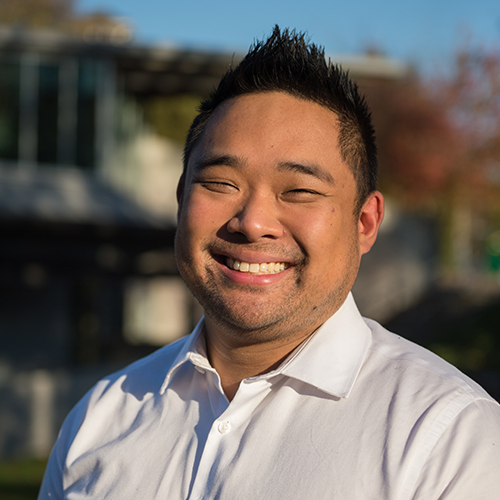Program: Master of Public Health
Before coming to public health, I worked as a dental hygienist, where I found great satisfaction in providing individual care to my patients. However, I aspired to make a broader impact on my community’s health and well-being. Public health offered me the opportunity to influence the health of entire populations. While many dental hygienists engage in public health activities through health promotion and community outreach, I desired to work directly with population-level data and actively participate in designing programs and interventions aimed at enhancing dental and overall health. This field aligns perfectly with my passion for making a significant, far-reaching difference for the well-being of communities.
For new students entering the program, my foremost advice is to prioritize building professional connections and networks. While coursework imparts essential skills and knowledge, the relationships you cultivate are invaluable for personal growth. The public health domain is extensive and navigating it can be challenging. By connecting with fellow passionate individuals, you’ll discover opportunities that align with your aspirations and values. These connections are your compass for finding meaningful work in the diverse landscape of public health.
During my practicum at the BC Centre for Disease Control, my research focused on analyzing dental antibiotic prescription trends. My analysis aimed to inform and guide antimicrobial stewardship programs and interventions. By understanding these prescription trends, we can take a crucial step towards preserving the effectiveness of antibiotics and enhancing healthcare outcomes for everyone.
It means creating a healthcare system that is resilient and responsive to the diverse needs of our communities. It’s about ensuring health equity by offering care that is inclusive, patient-centered, culturally sensitive and accessible to all. A crucial step in achieving this vision is through the education and training of healthcare providers, enabling them to develop the skills needed to transform the way medicine, dentistry and other allied health professions are practiced. While systemic change can be challenging, starting at the grassroots level is essential to pave the way for a unified and inclusive healthcare system.
